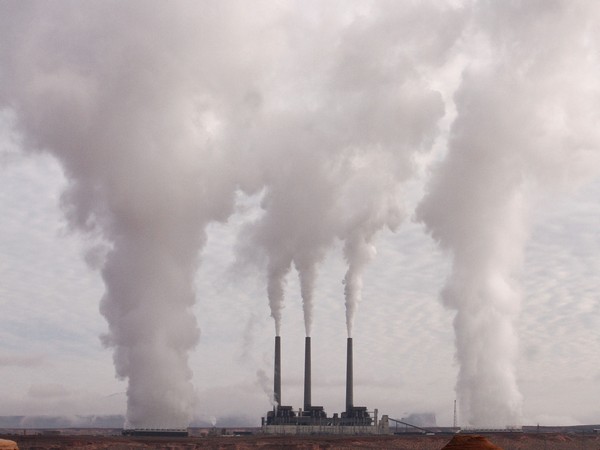Environmentalists say more comprehensive plan needed to combat hazardous pollution in Delhi
As the first stage of a revised Graded Response Action Plan GRAP came into force in Delhi on Thursday, environmentalists said more comprehensive action is needed to curtail hazardous pollution levels in the city and that air pollution should not be treated as a seasonal problem.The first stage of GRAP came into force after the air quality in Delhi dropped to the poor level AQI 211 on Wednesday.

- Country:
- India
As the first stage of a revised Graded Response Action Plan (GRAP) came into force in Delhi on Thursday, environmentalists said more comprehensive action is needed to curtail hazardous pollution levels in the city and that air pollution should not be treated as a ''seasonal problem''.
The first stage of GRAP came into force after the air quality in Delhi dropped to the 'poor' level (AQI 211) on Wednesday. An Air Quality Index (AQI) between 201 and 300 is considered 'poor'. The GRAP action plan includes penal and legal action against polluting industrial units.
Speaking to PTI, environmentalist Bhavreen Kandhari said action against air pollution has to taken be all year round, asserting that there ''isn't any apt policy throughout the year to curb pollution”.
''Why do we have to wait for GRAP to kick in? The real action has to be all year round. Don't think we can call it being 'proactive' even now. Until we don't work on an apt policy throughout the year to curb pollution, nothing will work,'' she said.
Kandhari said only ''campaigns and advertisements will not help achieve clean air'' and that boots on the ground are needed for effective implementation of the policies.
''Cracker ban spoke for itself on Dussehra. Why were the licences issued earlier in the year in the first place?'' she asked.
Analyst at the Centre for Research on Energy and Clean Air (CREA) Sunil Dahiya said more comprehensive action is needed to curtail hazardous pollution levels and safeguard public health.
''Implementation of GRAP is good. We hope to see strict actions on big polluters based on proactive usage of pollution forecast technology and online emissions monitoring data from these polluting facilities coupled with meteorological parameters,'' Dahiya told PTI.
On Wednesday, Delhi's 24-hour average air quality index stood at 211 at 4 pm, worsening from 150 at 4 pm on Tuesday. It stood at 248 in Ghaziabad, 196 in Faridabad, 234 in Greater Noida, 238 in Gurugram and 215 in Noida on Wednesday.
Greenpeace India's Avinash Chanchal said a strict and efficient action plan is needed to address various other sources of air pollution in the city.
''It is high time to revise the base of air quality standards to activate GRAP, and it should be more close to World Health Organisation (WHO) and national ambient air quality standards. The government must support the citizens to help them adapt to a more climate-friendly transportation system,'' Chanchal said.
Considering suggestions from the public and experts that early precautionary measures can prevent deterioration in air quality, the Commission for Air Quality Management (CAQM) decided to implement GRAP early this time.
Under the revised action plan, curbs can be imposed on polluting activities up to three days in advance, based on forecasts.
The environment department in the national capital will be using the new real-time source apportionment system which will help identify the sources of air pollution in real-time and the data will be available from October 20.
(This story has not been edited by Devdiscourse staff and is auto-generated from a syndicated feed.)
ALSO READ
EC tells Delhi minister Atishi to back her statement on BJP's poaching bid with facts.
Man fined Rs 12,000 for car stunts in Delhi's Shastri Park
AAP leader Sanjay Singh alleges BJP's involvement in Delhi liquor scam
Green helpline complaints should be acted on within an hour: Delhi HC
Delhi govt says it has to move courts as officials not following ministers' directions










